6 Reasons to Eat Seasonally
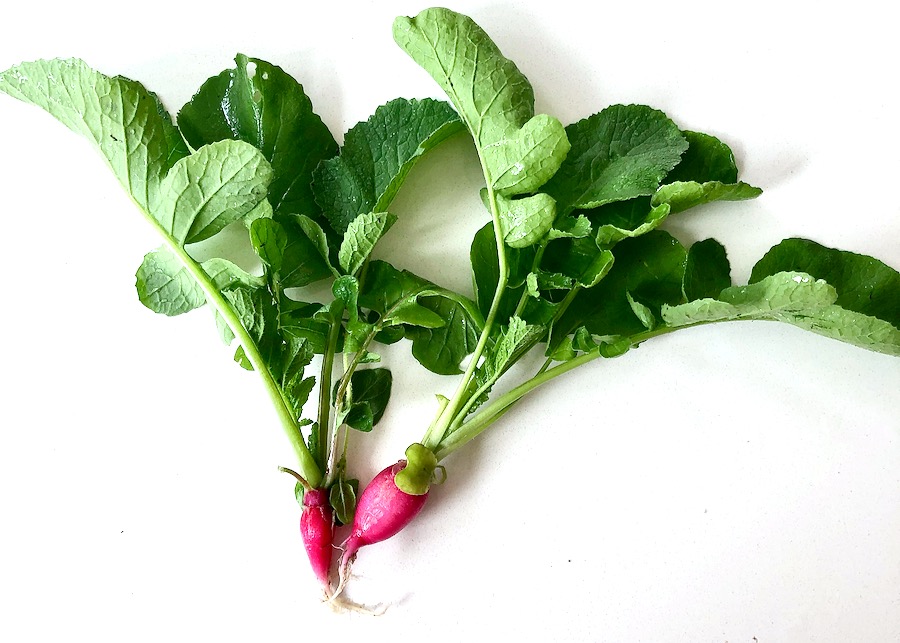
Those gems up there are the first food I harvested from my garden this summer. You wouldn’t catch me eating a radish in January. Not only because I don’t actually like them, but also because there’s no way I’d buy them out of season. As we continuously work to be better humans, trying to live with less impact and be part of a healthier future, part of that is striving to eat as seasonally as possible. That, of course, includes enjoying the foods that are grown close to home (or in my backyard when available) and eating a lot of it when it is available. Let’s just say I get my radish fix in the summer, so I’m good through the rest of the year.
There is so much joy and good health in choosing to eat what’s sprouting up at our feet, no matter where in the world we live. This is something that I’ve personally experienced with my own garden. But even before I began to grow my own food, seasonal eating was always a part of my shopping and nutrition plan.
There are so many great reasons to consider local and seasonal eating whenever you can!
6 reasons to try seasonal eating
Seasonal Eating Is Healthier!

There is nothing healthier than eating produce that’s been picked ripe. Plants are living things. As soon as a fruit or vegetable is harvested, the nutritional breakdown starts. Buying seasonal produce that has been recently picked means that you will reap more nutritional benefits from them. For example, fruits and veggies can lose 15–77% of their Vitamin C content within a week. For spinach, that reduction can be as much as 90% within a day. (Of course, storage plays a role and can help prevent nutrient loss, too.)
When produce is picked prior to full development, as is often the case when it needs to travel long distances out of season, it’s starting out at a deficit of nutrition and continues to decline as it travels by plane, train and automobile to your fruit basket.
Eating seasonally is incredibly beneficial to your health because seasonal foods provide the best nutrients we need at that specific time of the year. For example, spring vegetables have many compounds that help us combat seasonal allergies, while fall and winter vegetables have nutrients that support our immunity for cold and flu season.
For people who aren’t big fans of eating their fruits and veggies, choosing the freshest food available means they’ll be getting the most power with every bite.
You Can Save Money

When we buy asparagus in January and strawberries in November, we’re paying for it! We’re paying for shipping, fuel costs, extra labour, and likely preservatives and all sorts of unknown chemicals to get that produce from far to near. Even if they’re not travelling that far but have been grown in faux-summer greenhouses, it still adds up to higher energy costs (and waste!). Buying in season means less production costs and therefore those savings can be passed on to us as consumers.
Fresh food that you want to eat right away, and doesn’t spoil quickly, also likely means you won’t have as much food waste – which also saves you money overall.
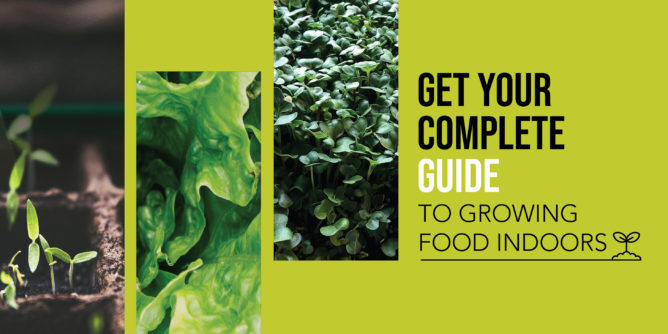
Free Resource Library
Enjoy more than 40 downloadable guides, recipes, and resources.
Seasonal Foods Taste Much Better
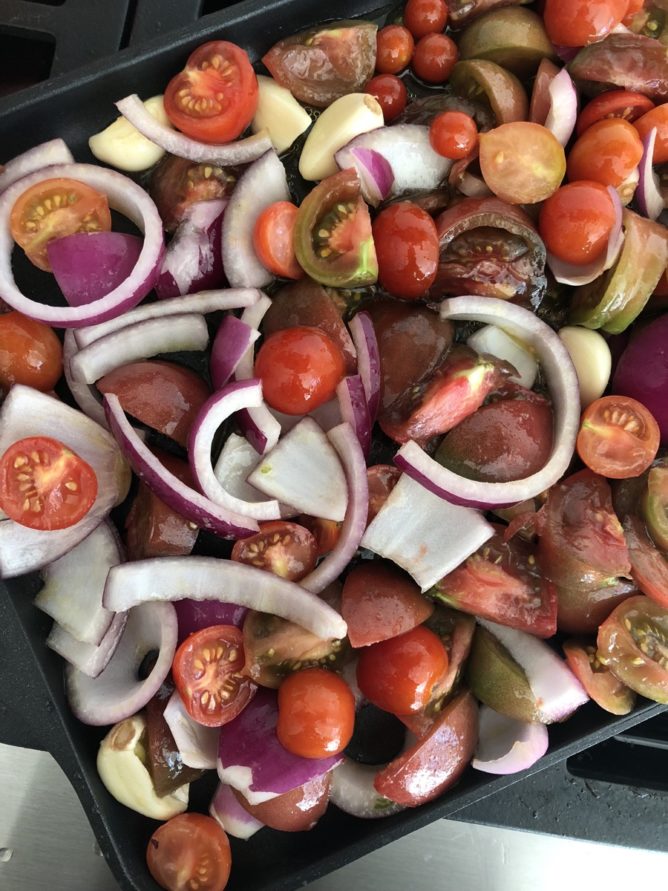
Sometimes veggies don’t top the fave foods list (like Brussels sprouts, though I personally love them). When vegetables are harvested fresh and ripe, I tell you, there is nothing better. As an added bonus, you hardly have to do anything to them because their flavour is so vibrant. Toss in a little oil and vinegar, maybe a light steaming, and voila! Amazing. I have often wondered how, as a child, I needed to add sugar to my strawberries – and it wasn’t the natural kind. Looking back, it must have been because I was eating them in December and they didn’t have much flavour.
In my house, I am much more likely to get my toddler to eat a vegetable he has picked straight from the ground himself than if I were to take that same vegetable out of the fridge. The connection to what he has grown and the excitement of reaping what he has watered and cared for just doesn’t have the same effect as what I try to give him from the grocery store.
Seasoning Eating Often Has a Lower Environmental Impact
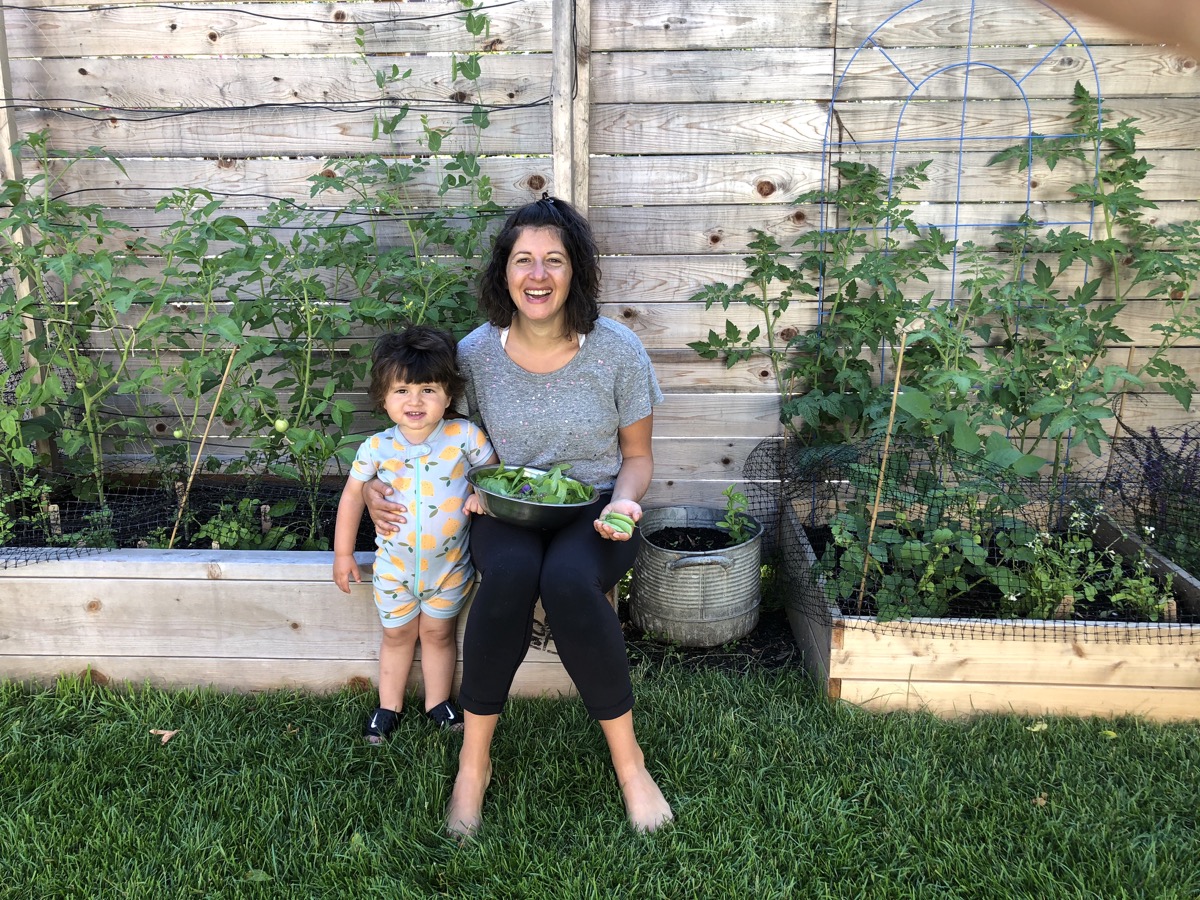
On average, food travels about 2,500 km from farm to plate. Some of our favourite and most popular health foods like avocados and bananas have a dramatic environmental impact because they are travelling long distances. This wastes fuel, emits greenhouse gas emissions, and causes air, land and water pollution. All this pollution impacts and endangers our food supply in the future.
Eating fruits and vegetables when they are in season and grown at nearby farms greatly lowers the carbon footprint of those foods. Bonus points if you bike to your local farmers’ market to get them!
Seasonal Eating Adds Variety and Appreciation
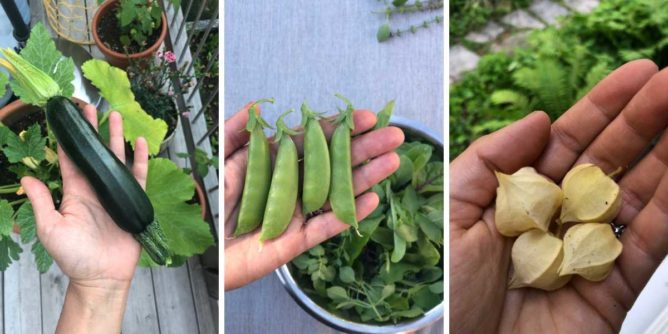
You know there is more to produce than carrots, celery, apples, and bananas, right? What if you could only eat produce that was available seasonally? Well, then nearly every month you’d be eating something shiny and new. You’d always be inspired, always exploring new recipes and tastes, and enjoying the variety. It is the spice of life after all.
I also think that the short growing season of certain items – like wild leeks and rhubarb – or only eating berries a few months of the year allows us to appreciate and enjoy them even more. (Unless you are a superstar at freezing food so you can extend that season a little longer!)
You Can Support Local Farms and Businesses
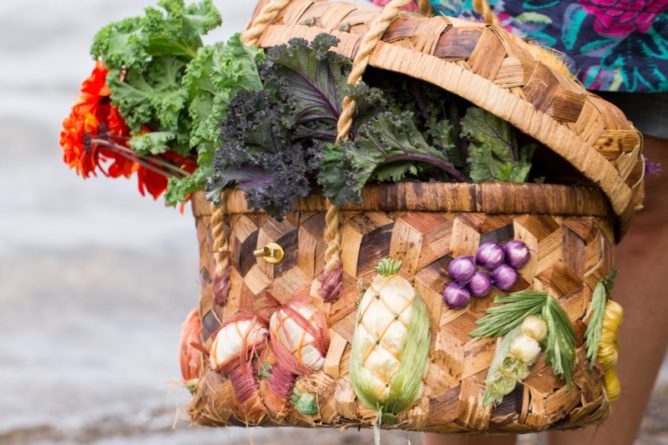
The big box stores are going to be fine financially, but many small businesses and farms are in a much more precarious situation right now. Seasonal eating and purchasing local food from your farmers’ market or small grocery stores that buy from local farmers keeps money flowing in your community. (And a surefire bonus for me is I love to Flirt With Farmers.)
Could you try for one month or maybe for one summer to only eat produce that you picked up at your farmers’ market or independent grocer? There are also many options for community-supported agriculture (CSA) or to purchase one-off veggie boxes from local farms. What would your meals look like? What would your health look like? It would change things up for sure!
Seasonal eating requires a change in mindset and the way we shop – but it greatly benefits our health and the health of the planet. Our choices matter right now more than ever.
If you have a favourite local and seasonal food, let me know what it is – and how you like to enjoy it – in the comments!
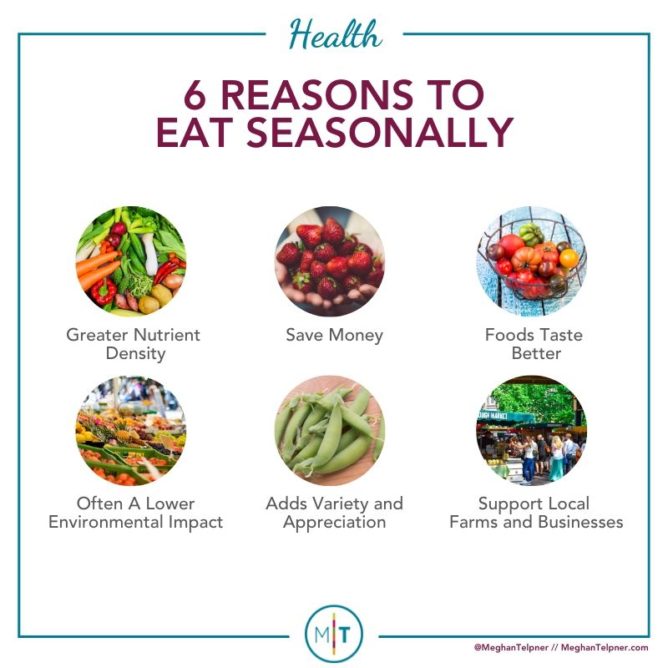
Free Resource Library
Enjoy more than 40 downloadable guides, recipes, and resources.
















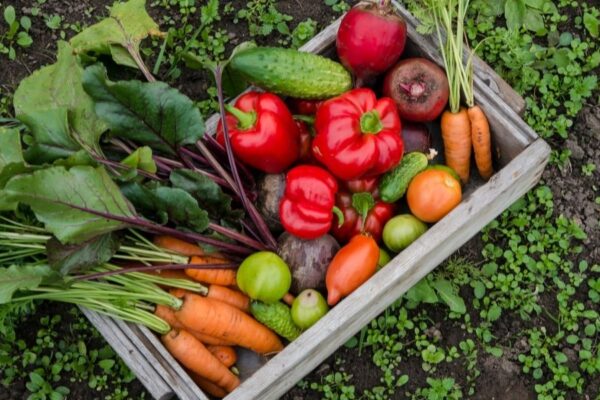
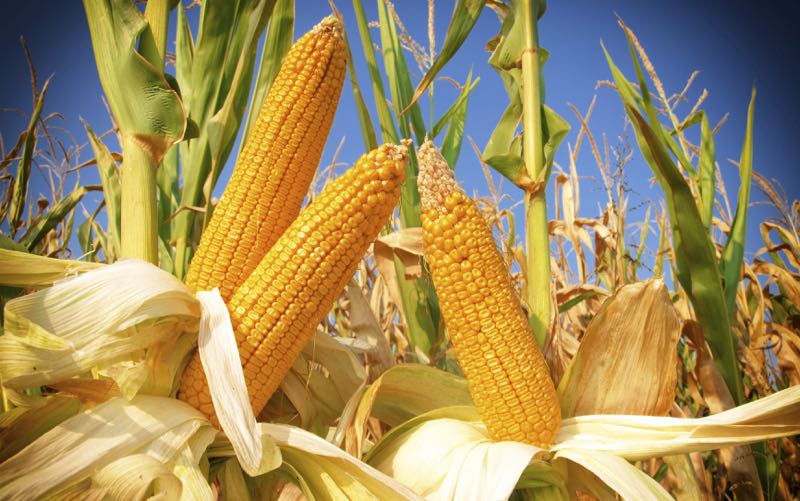
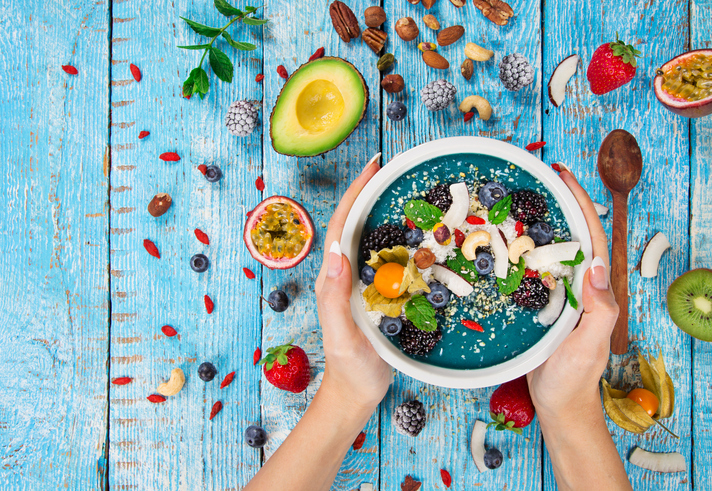

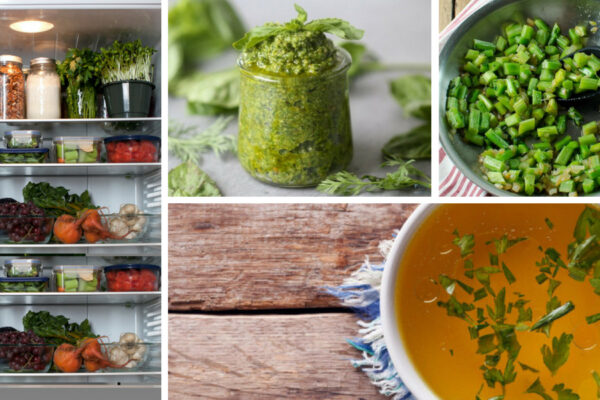



Seasonal eating comes naturally in Israel where we moved 20 years ago. Because Israel does not import very much fruit or veg, most is sourced locally and comes only in the season. Who knew that celery and broccoli really were winter vegs when you could buy them year round. Cherries, strawberries? Only available in season here, but that it great because not only do they truly have a different taste than those that have been stored and shipped, but we learn to appreciate them because of the anticipation of the great fruit and we all learn a little agricultural science…like you just won’t have celery for you soup in the summer – well, you might find a few sad, scraggly ones in the supermarket, but better to find an alternative like beetroot leaves!
This article was really helpful. I’ve been hearing seasonal eating mentioned for about a year now and finally took the time to look it up and read a few articles and I’m glad to have found this one. :)